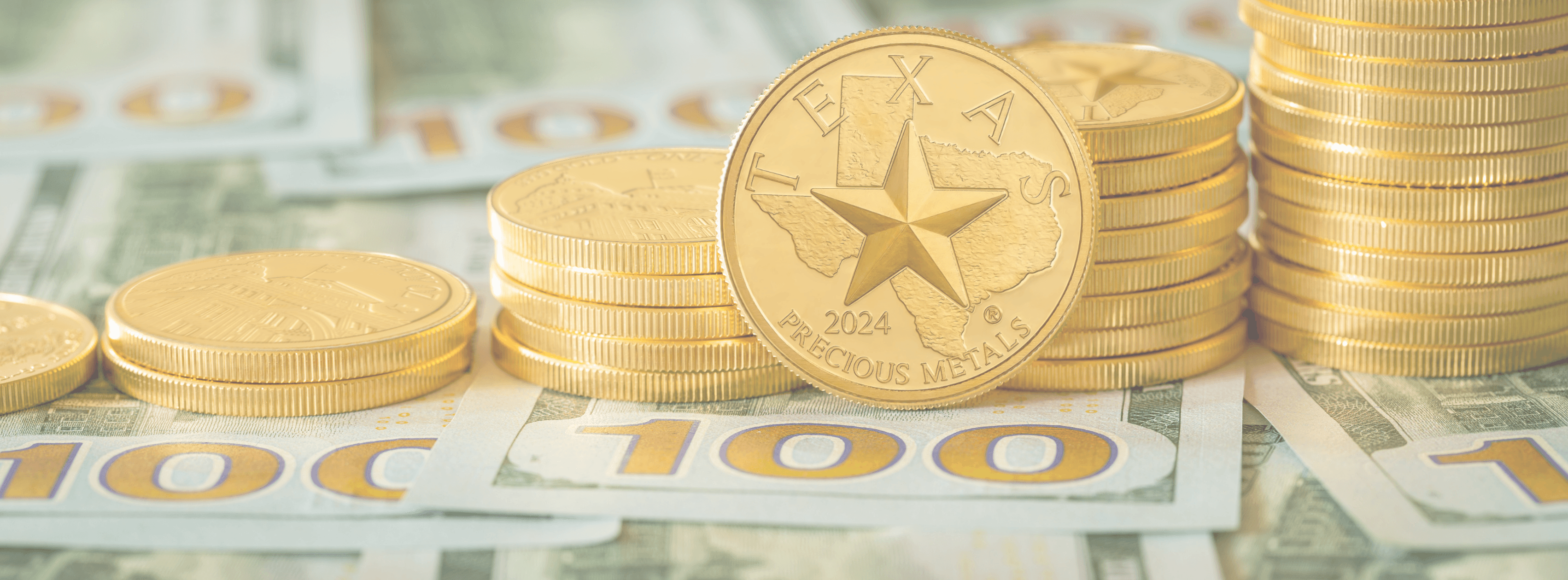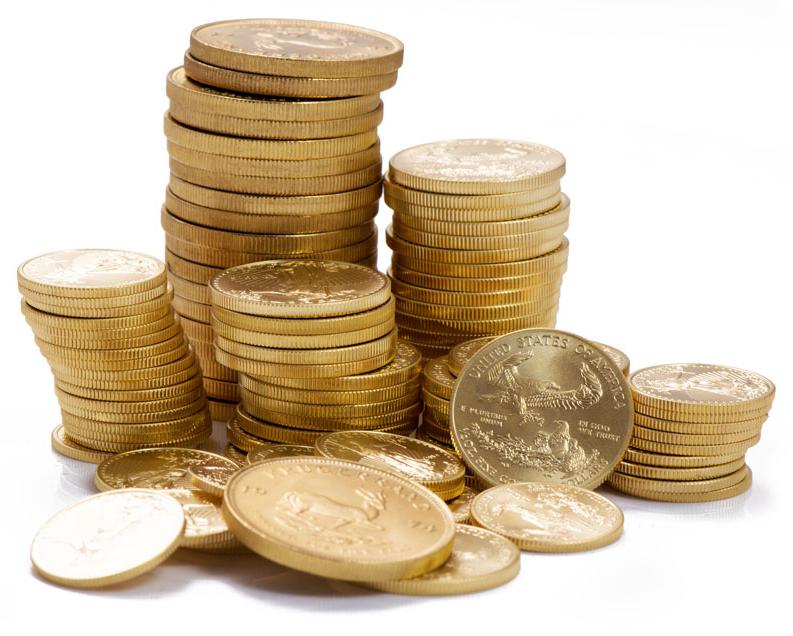Skip to main content




Buyer's Guide
Texas Precious Metals (TPM) is one of the largest precious metals companies in the United States. We operate an online precious metals business with offices in Shiner, Texas. We also offer private storage at our world-class depository, Texas Precious Metals Depository, which is insured by underwriters at Lloyd’s of London.

Who is Texas Precious Metals?
Texas Precious Metals is a Kaspar Companies subsidiary business. Kaspar Companies is a 124-year-old, fifth-generation family business that has been continuously operating in South Texas since 1898. As the largest employer in Lavaca County, Kaspar Companies employees over 200 employees across seven subsidiary businesses. Since its inception in 2011 through 2022, Texas Precious Metals has processed more than $1.2 billion in client transactions and over 100,000 orders shipped to all 50 states. In total, this represents over half a million ounces of gold and 17 million ounces of silver. In 2014, Texas Precious Metals was recognized as the No. 1 “fastest growing Aggie-owned or Aggie-led business in the world” by Texas A&M University, and in 2015, Inc. Magazine named it the No. 200 Fastest Growing Private Company in America. In 2018, Texas Precious Metals launched Texas Depository (texasdepository.com), a private storage facility catering to individuals, IRA custodians, and other large commercial institutions.
Buying precious metals for the first time can be an intimidating and sometimes frustrating experience. Hopefully, this document will dispel your anxieties. Our intent is to expound on the buying process and to answer common questions collected from years of interactions with clients. The good news is that the process is not much different than buying any other product online. It all begins by establishing a plan. We will help you devise that plan by first addressing some general questions.
Are Precious Metals A Good Investment?
You will hear many precious metals companies extolling the upside “investment” opportunities of gold, silver, and platinum. In our view, gold and the other metals are less of an investment and more of an insurance policy. Investments tend to be income-generating, whereas gold and the other metals are “dead” assets. In other words, they act as stores of wealth but not producers of wealth. Partly for this reason, precious metals might be better classified as an alternate currency. If gold rises from $1,000 per ounce to $5,000 per ounce, the owner is not necessarily any wealthier. Gold’s true value is not measured in nominal (dollar) terms, but in relation to other assets. In other words, if gold becomes 5x more expensive in dollar terms, while cars, homes, food, the stock market, etc., also become 5x more expensive, you have simply retained purchasing power, not grown it.
Investing in gold becomes interesting when gold’s nominal price compared to other assets is perceived to be low. If all asset classes crash by 50%, but gold maintains its nominal value, your purchasing power has increased by a factor of two even though, on paper, the gold price has not moved in dollar terms at all. Gold is relational.
Go to the next chapter: The decision process.

Need More Information?
Have questions or want to learn more? We're here to help!
Contact Us for personalized support and answers to your inquiries.

